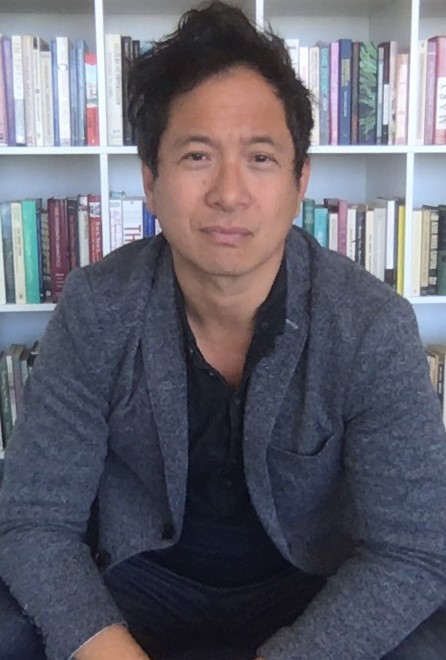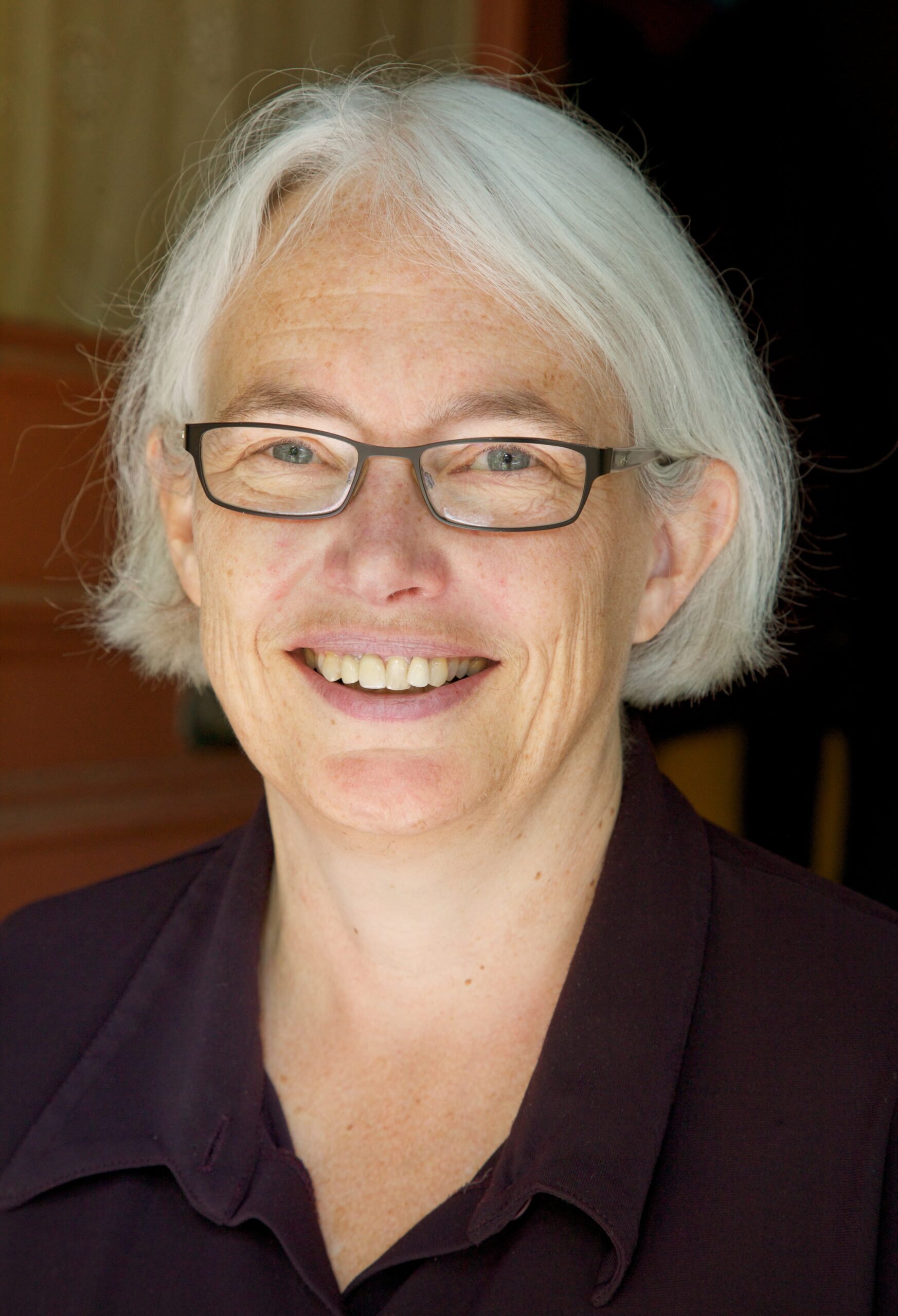Keynotes
Keynotes
Information about NSA 2022 keynote speakers

Julian Go
Julian Go is Professor of Sociology at the University of Chicago, where is also a member of the Committee on International Relations, a Faculty Affiliate of the Center for the Study of Race, Politics and Culture, and Senior Fellow of the University of Chicago Society of Fellows.
He has published widely on US empire, US colonialism, global historical sociology, and postcolonial social theory. He has received prizes for his scholarship from the American Sociological Association, the Eastern Sociological Society, the American Political Science Association, and the International Studies Association, among other organizations. He is the winner of Lewis A. Coser Award for Theoretical Agenda Setting given by the American Sociological Association. Currently he is President of the Social Science History Association.
Abstract - Anticolonialism and Social Theory
Sociology was born in the late nineteenth and early twentieth centuries as a project in, of, and for empire.
This essay excavates a tradition of social thought that grew alongside metropolitan sociology but has been marginalized by it: anticolonial thought. Emerging from anticolonial movements, writers, and thinkers, anticolonial thought in nineteenth and twentieth centuries from a variety of thinkers (from indigenous activists in the Americas to educated elites in the American, Francophone and British colonies), it offers distinct visions of society, social relations, and social structure, along with particular approaches to the social self, social solidarity and global relations – among other themes. Anticolonial thought therefore offers implicit and sometimes explicit social theories and sociologies that we might fruitfully recover and explore. It might offer the basis for an alternative canon and corpus of sociological thinking to which we might turn as we seek to revitalize and globalize sociology.

Mary C. Waters
MARY C. WATERS is the John Loeb Professor of Sociology and the PVK Professor of Arts and Sciences at Harvard University. A sociologist and demographer, her work has focused on the integration of immigrants and their children, the social determinants of health, immigration policy, disasters and their aftermath, and the measurement and meaning of racial and ethnic identity. The author or co-author of 11 books and over 100 articles, her current projects include a study of older Latino immigrants and the American welfare state, and a longitudinal study of mobility and recovery among survivors of Hurricane Katrina.
She is an elected member of the National Academy of Sciences and chaired the NAS Panel on The Integration of Immigrants into American Society (2015).
Migration and Integration in the Era of Climate Change
The direct and indirect effects of climate change will produce massive immigration flows across the globe in the coming decades.
Climate change will likely create more asylum seekers and refugees fleeing violence and weather disasters as well as increasing and changing patterns of labor migration. Our national and international policies and agreements for handling migration are already inadequate to handle the current large and complex flows of people. And we have not even begun to understand how the processes of integration of migrants and their children that we have largely studied in the context of labor migrants will differ for people relocating because of environmental change and acute and slow-motion disasters.
In this talk I will review what sociologists and demographers know about climate change migration. I will outline how our international processes for managing refugees are failing and will be inadequate for the numbers and types of flows that will develop. Finally, I will argue that theories about the integration of migrants and their children will need to evolve to understand the long run effects of climate change on existing societies. All three of these themes demand a sociological imagination and research agenda for a challenging new world order.
